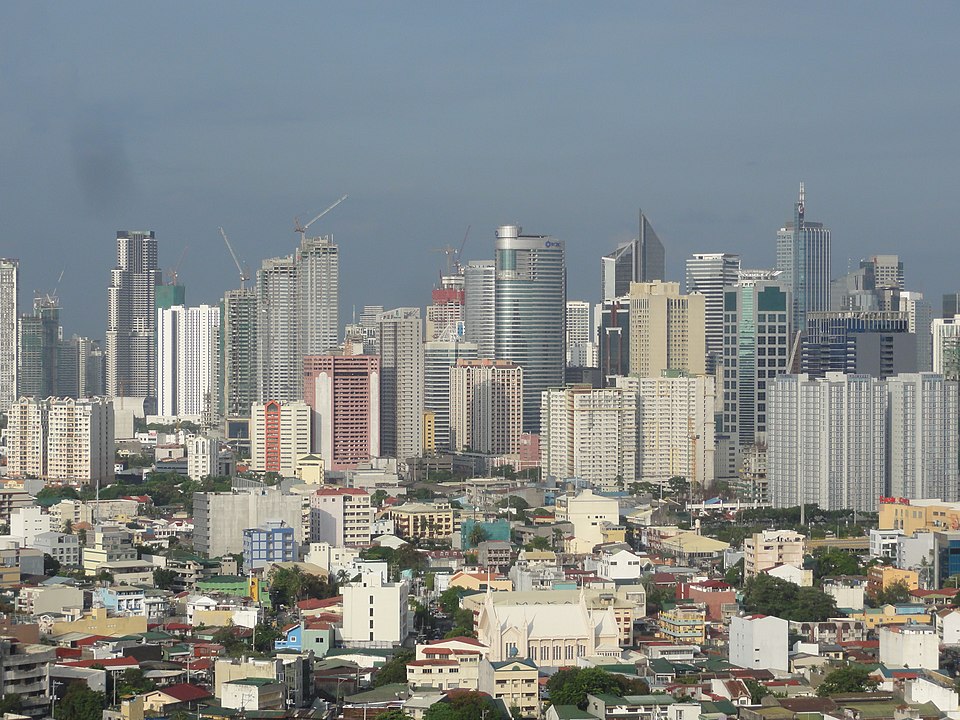
MANILA – The Philippines’ low interest rate environment and the continued approval of tax reform measures are seen to address the outflows in the country’s foreign portfolio investments, an economist of Rizal Commercial Banking Corp. (RCBC) said on Friday.
Data released by the Bangko Sentral ng Pilipinas (BSP) on Thursday showed that registered foreign portfolio investments, otherwise known as hot money due to the speed it comes in and out of an economy, posted net inflows amounting to USD127 million last August, smaller than the USD453 million last July.
The highest net outflows since the start of the year amounted to USD1.006 billion, which was registered in May.
In a report, RCBC chief economist Michael Ricafort attributed this improvement partly to the sustained gains in the local fixed income/bond markets, record-high issuance of the government’s five-year retail treasury bond amounting to PHP516.3 billion, and fund-raising activities of the major companies and conglomerates.
“For the coming months, further re-opening of the economy and sustained pick-up in economic recovery would fundamentally help improve investment valuation, and in-turn, net foreign investment data,” Ricafort said.
He cited other factors that would help attract more hot money into the country, among them a continued drop in new coronavirus disease 2019 (Covid-19) infections, any successful development and deployment of a Covid-19 vaccine, and passage of the various tax reform measures, such as the Corporate Recovery and Tax Incentives for Enterprises (CREATE) Bill, Financial Institutions Strategic Transfer (FIST) Bill, and Government Financial Institutions Unified Initiatives to Distressed Enterprises for Economic Recovery (GUIDE) Bill.
Ricafort also said the passage of the PHP166.5-billion Bayanihan to Recover as One Act “would help stimulate more business/economic activities, especially in the latter part of 2020, thereby improving economic recovery prospects and market valuations.”
“Local interest rates, still near record-low levels, would help spur more investments, job creation, and other business/economic opportunities, as well as reduce borrowing costs/financing costs of listed companies that also help increase net income and valuations, assuming all other factors are the same,” he added.